How FilAM Nonprofits Are Rewriting the Rules of Community Power and Why Backing Them Can Change the Future of our Culture
Written by Clifford Temprosa
When people picture Filipino American led and serving nonprofits, they often think of cultural festivals, tinikling dances, trays of pancit and lumpia, friends and family in barongs and boleros, and most of all - line dancing and karaoke with pride. And though these are joyful and imperative traditions that weave together the Filipino American culture, it does not paint the entirety of the story.
What often goes unspoken and unseen, is the labor and sacrifice that goes beyond cultural preservation, and that is the execution of culturally responsive and linguistically accessible direct and social services. Filipino American nonprofits are not merely keepers of the culture - they are the builders of civic power, architects of public health and safety, conveners of trauma informed care and healing, agents of language access and workforce development, and organizers of legal and immigrant services. They bridge care into an ecosystem that is consumed by harmful cultural stigma and systemic exclusions to safety.
Members of the FALDEF Board of Directors, President Licelle Cobrador, Executive Director Randy Gonzalez, General Counsel JT Mallonga, NY State Assemblymember Steven Raga. Photo Credit: Clifford Temprosa
Recognizing Nonprofit Wins In The Filipino American Community
In 2024, the Filipino American Legal Defense and Education Fund (FALDEF) was awarded $25,000 by the Coalition for Asian American Children and Families to expand culturally responsive pro bono legal services for low-income, working class, and limited english proficient Filipino and AAPI communities across New York. In 2025, their funding was renewed at $30,000 - historic investment and the largest of its kind for the organization that translated into life saving impact.
FALDEF delivered legal clinics, immigration resources, know your rights workshops, and consultations to community members facing threats of deportation, workers rights violations, and effective pathways to citizenship. Volunteer attorneys and legal professionals offered support, protection, and pathways for families navigating an unjust and exclusive legal system. This work did not make the headlines, but it protected lives, upheld rights, and championed dignity.
Nonprofits should not be singularly viewed as charity cases that communities must fund out of pity, but instead, be recognized as mission driven movements, transformative institutions, and caring systems of power and progress.
Long Island Nepalese Society members and FALDEF’s Licelle Cobrador. Photo Credit: Clifford Temprosa
Why Filipino American Nonprofits Remain Underfunded and Overlooked
Despite being one of the largest Asian American ethnic groups in the United States, Filipino American led and serving nonprofits receive a disproportionately small share of philanthropic and government dollars. Funders often group such nonprofits under broad “AAPI” funding and DEI initiatives that do not address culturally responsive histories, migration patterns, language access, hyperlocal community growth and development, and individualized trauma.
In most cases, Filipino American nonprofits are not underperforming, but are simply underfunded, underrecognized, and under-resourced. The challenges are both systemic and infrastructural.
Externally, Filipino Americans are often stereotyped as self-sufficient and not in need of support, impacts of historic relationships with the United States and more proficient English language abilities, which undermines urgent needs such as disproportionate healthcare, deportation, and housing insecurity. In addition, Filipino American communities are not often recognized as political actors, which reduces investment in civic infrastructure and community power-building Larger, longer established, and more privately funded institutions often absorb the majority of AAPI-foundation and public funding, while smaller, community-specific groups are left out of resource-sharing processes. Lastly, Filipino orgs are frequently invited to perform or represent during cultural months, but not often resourced as collaborators, contractors, or direct service agents.
Internally, many groups face high turnover and volunteer burnout with a predominant reliance on part-time staff or unpaid labor, making it difficult to sustain leadership or build institutional memory. Most nonprofits are often formulated to solve the immediate needs of producing cultural programs, therefore their scope and mission are limited to singular areas that becomes oversaturated. Limited capacity means some organizations lack the staffing or systems needed to develop competitive grant proposals, evaluate outcomes, and execute programs more consistently. Some nonprofits base their operations on solely delivering foreign aid to the Philippines without understanding that public funding priorities align with hyperlocal, city, and statewide programmatic impact. Furthermore, without access to nonprofit management training, some groups struggle with compliance, audits, or internal accountability, and many nonprofits lack a sustainability plan because they were formed out of need and tension with minimal long term strategic growth.
No, these are not personal failures. They are structural consequences of being excluded from capacity-building pipelines that others have had decades to access.
Filipino Nonprofits Are Building Power - Against the Odds
In every corner of the country, Filipino nonprofits are showing up. Not just to meet the moment, but to shape the future. Even in the face of underfunding, limited infrastructure, and systemic invisibility, these organizations continue to lead with purpose, strategy, and deep community trust.
From deportation defense to wage theft cases, organizations like FALDEF are delivering frontline legal services while demystifying complex systems through community education and immigrant rights workshops.National networks such as NaFFAA and LEAD Filipino are mobilizing Filipino voters, training young leaders, hosting town halls, and building long-term civic power in battleground states and beyond. Filipino-led organizations are fighting displacement, translating tenant rights materials, and empowering essential workers to advocate for fair wages and just working conditions. Arts focused intergenerational wellness programs, storytelling initiatives, and older adult care efforts by the Foundation of Filipino Artists Artists are redefining what community healing looks like for Filipinos, rooted in culture, compassion, and collective resilience.
These organizations are not simply responding to emergencies. They’re designing the blueprints for justice, healing, and transformation, and it's powered by volunteer labor, lived experience, and an unshakable belief in their communities.
So yes, come for the lumpia and line Dancing, but stay for the strategy because strategy is liberation. They are doing the work that institutions won’t. And they’re doing it with love, strategy, and hustle.


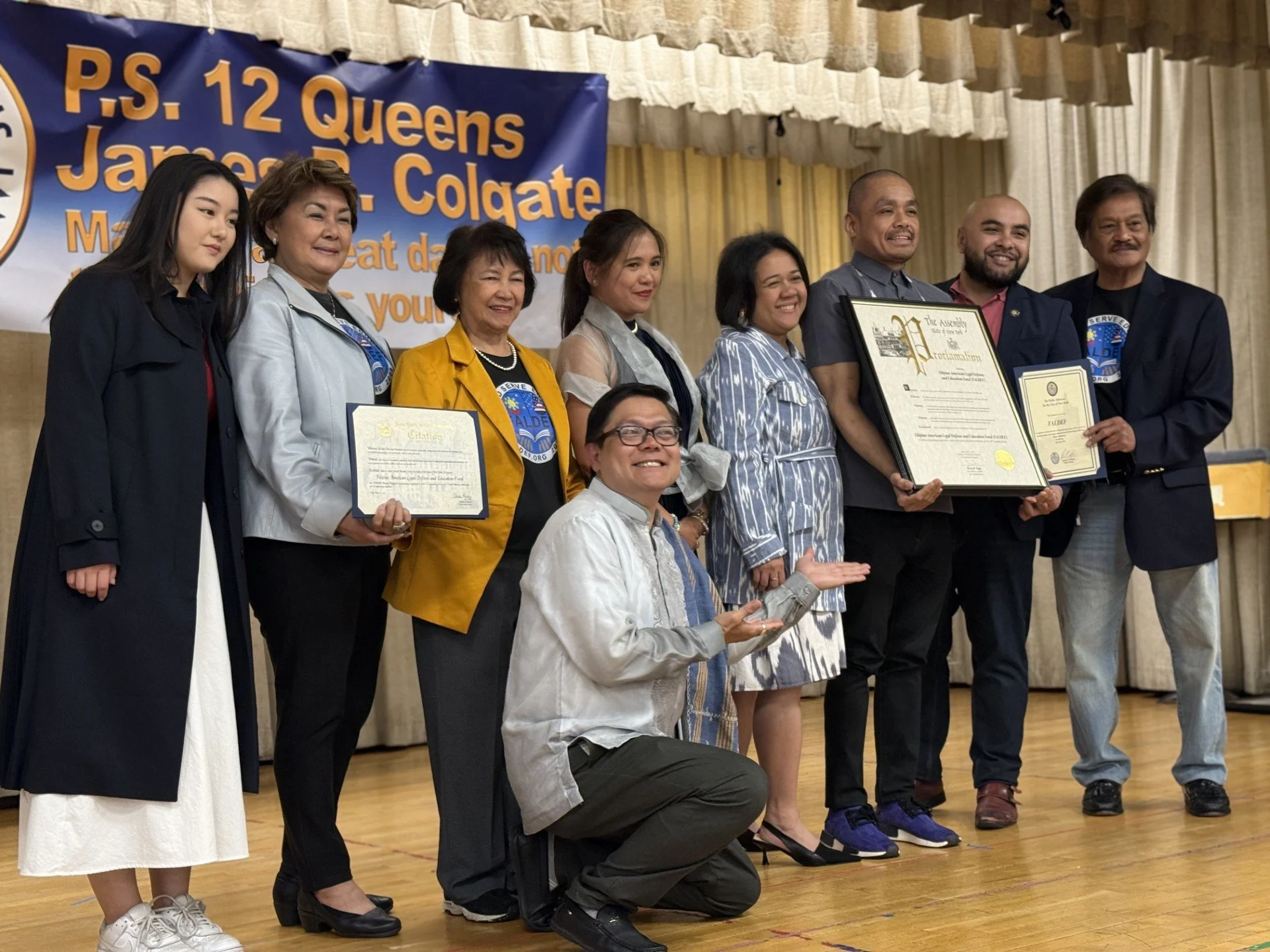








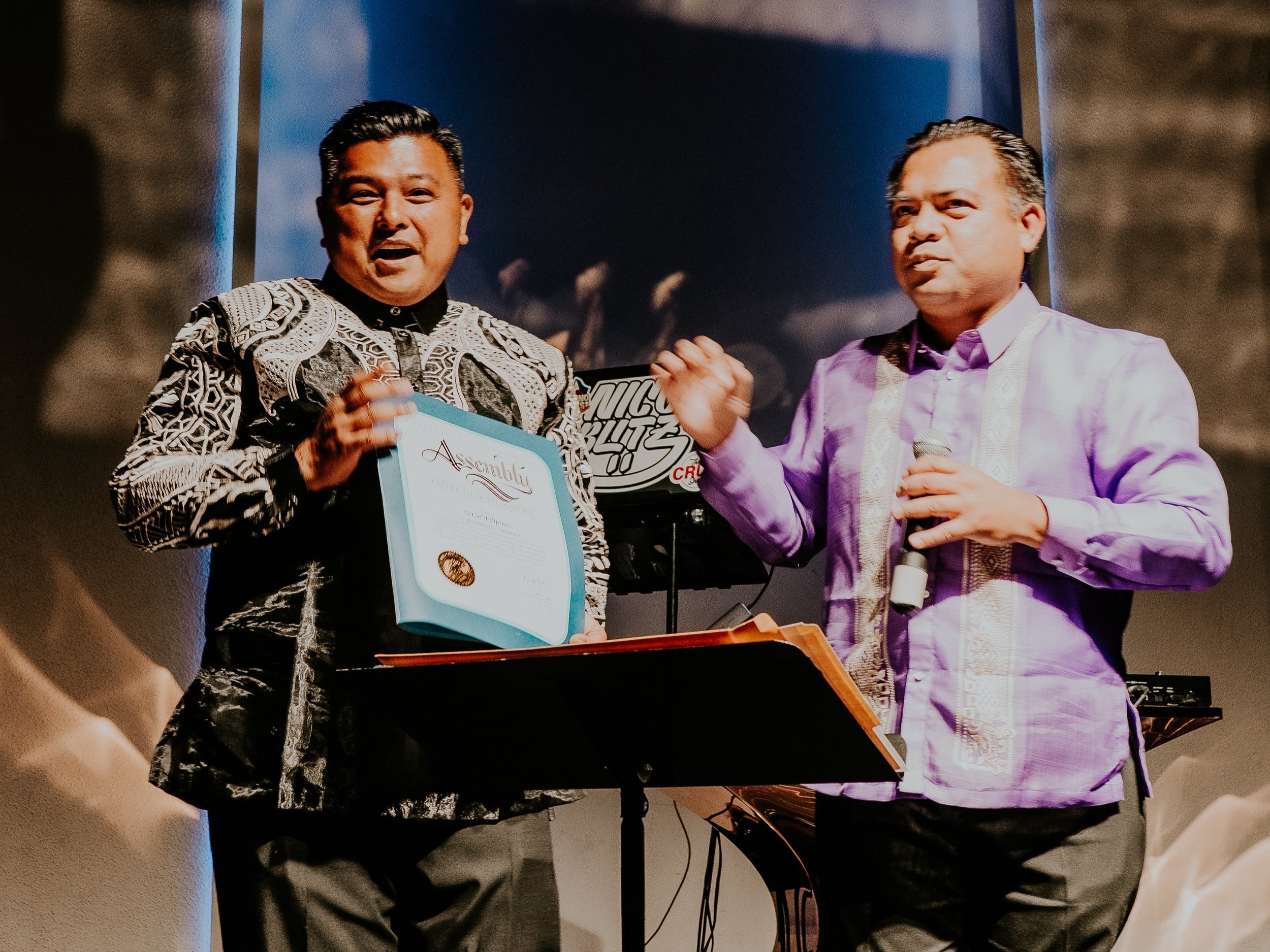
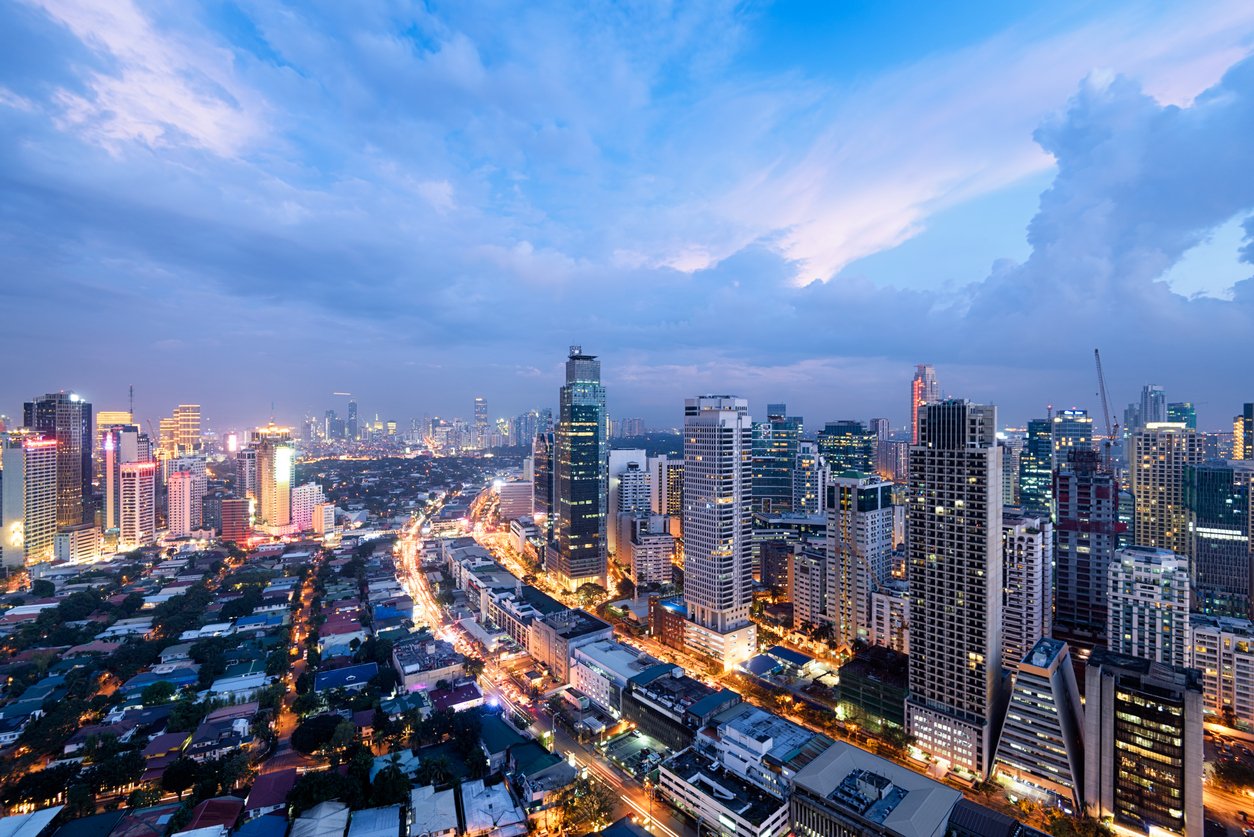

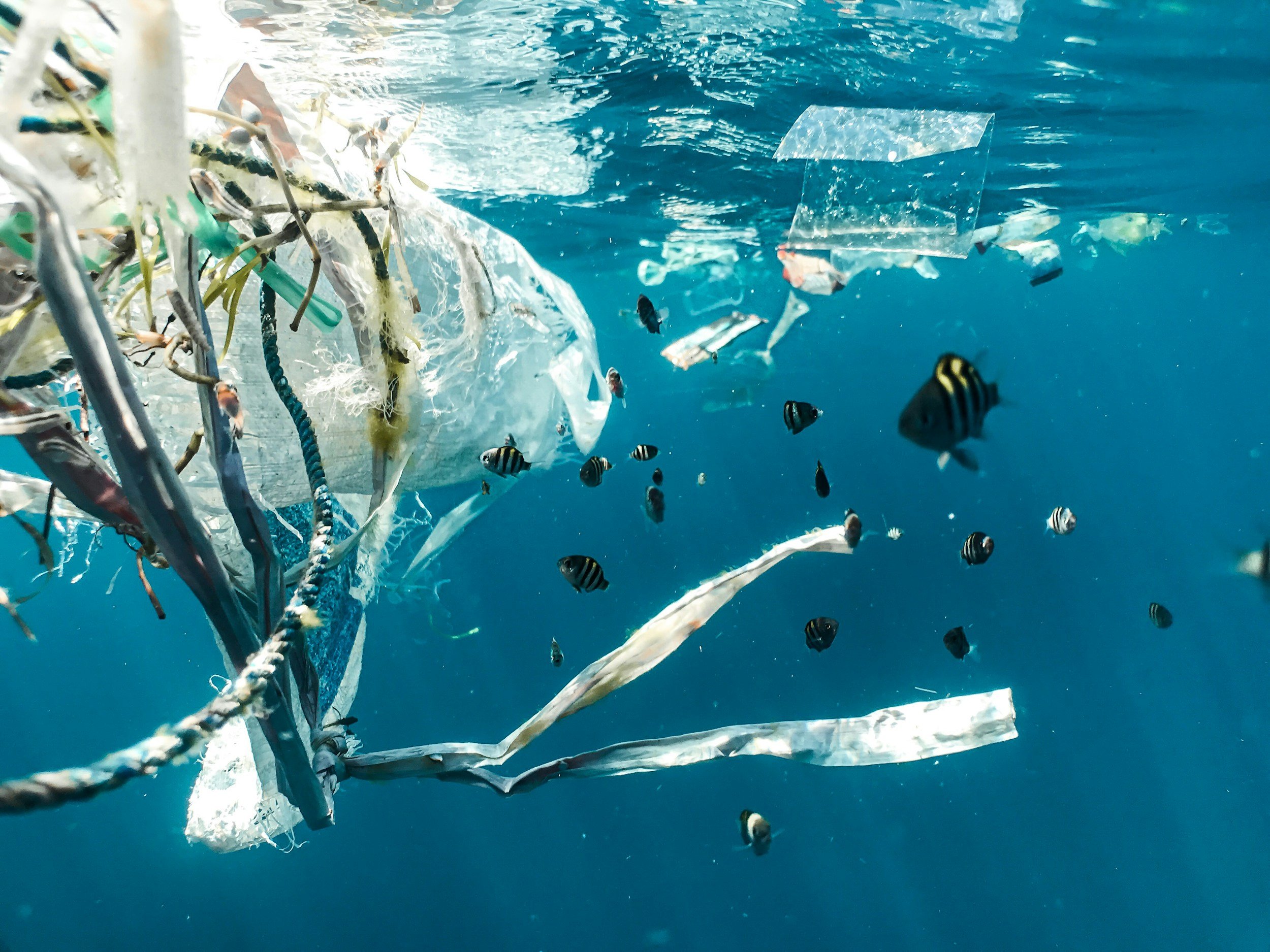





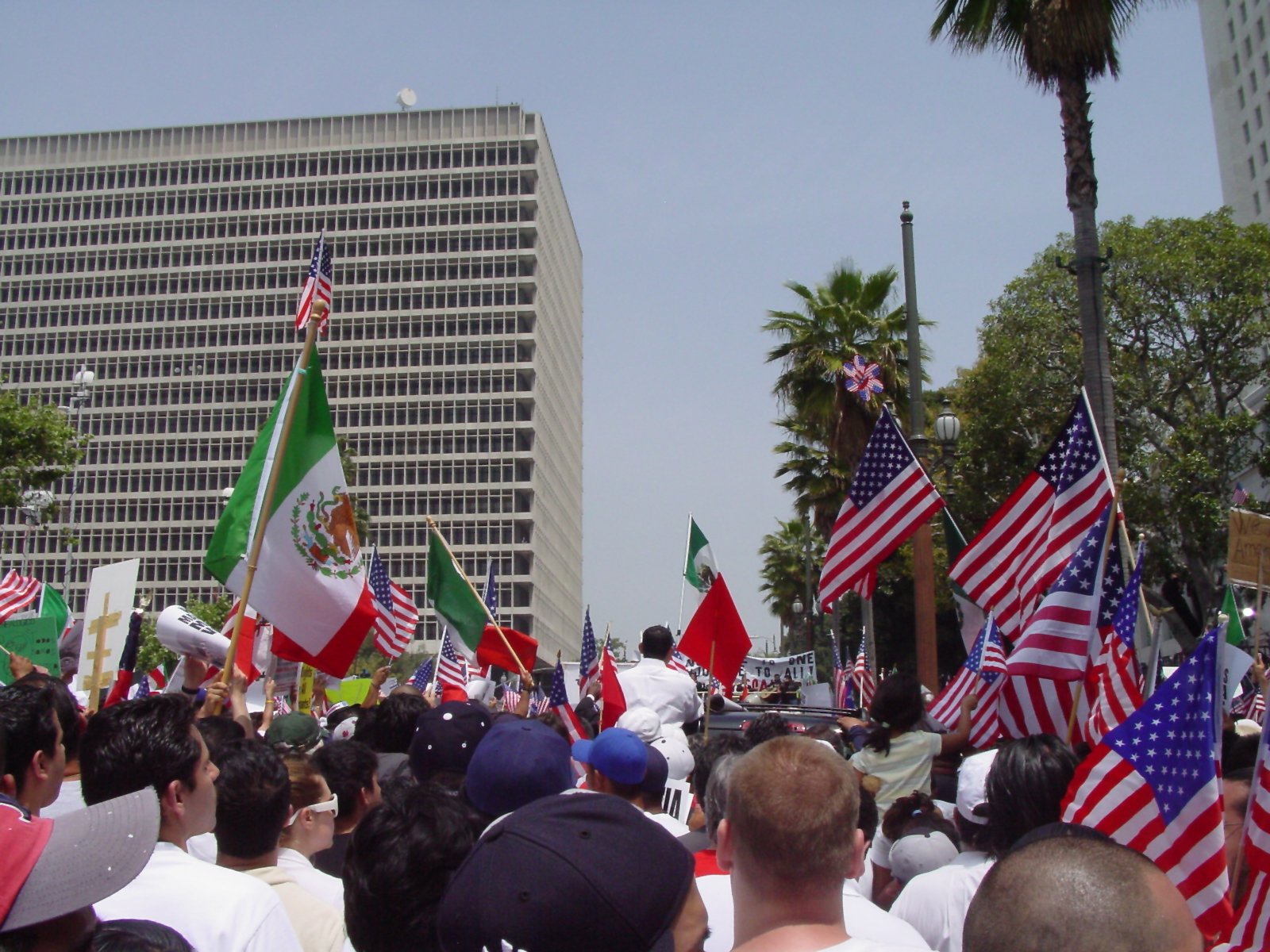
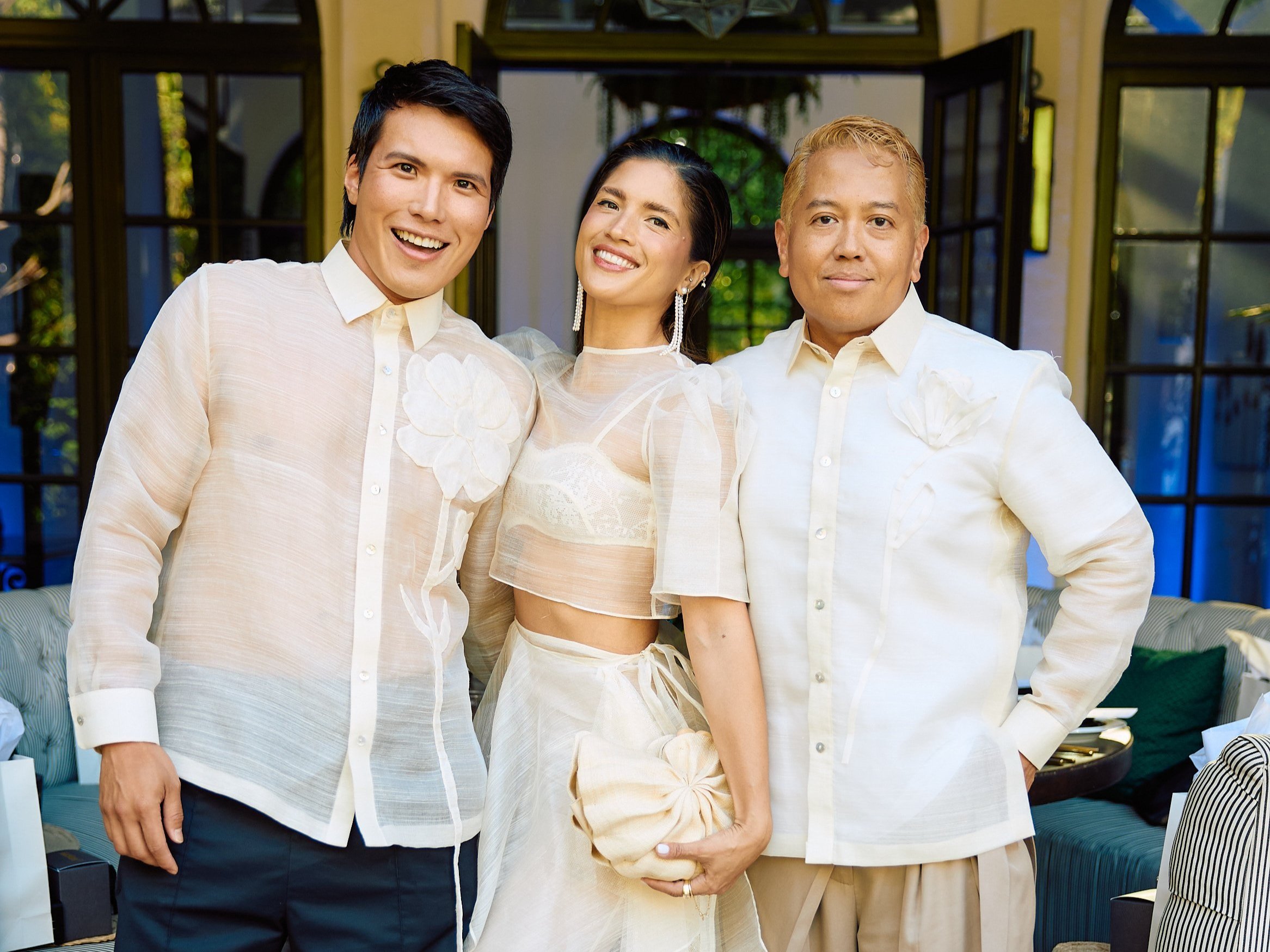



They said we were too young. Too brown. Too bold. But we’re here, and we’re not waiting our turn. This isn't a quiet revolution. It’s loud. Young Filipinos are rising in politics. And it’s already begun.
Read More